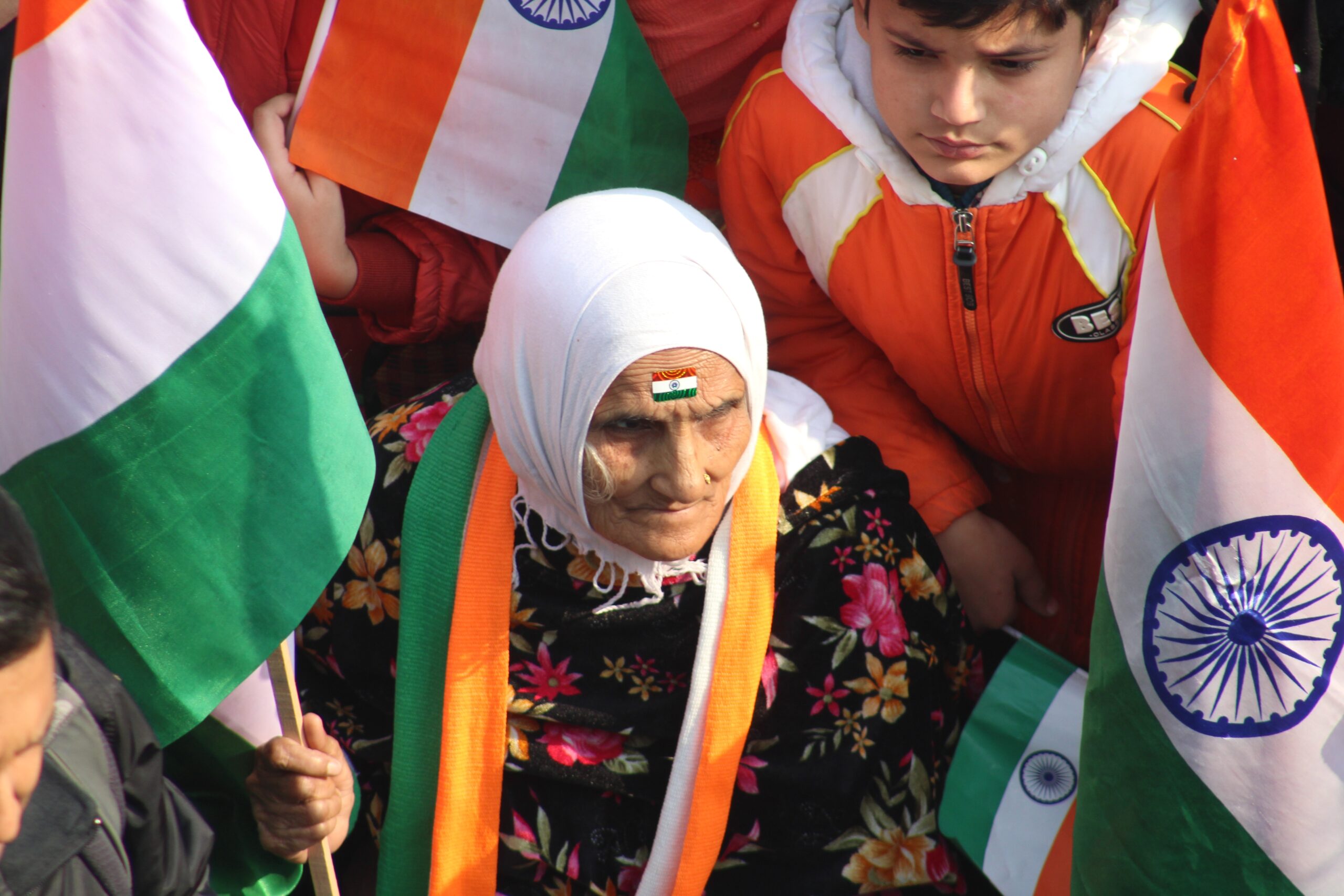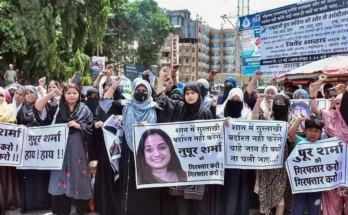
The 75th Independence Day of India is being commemorated today, marking a pivotal point in the country’s history. On August 15, 1947, India declared independence from the British. The national festival serves as a reminder of our leaders’ and freedom fighters’ untold sacrifices. On this day every year, India’s prime minister unfurls the national flag, known as the ‘tiranga’ or ‘tricolour,’ on the Red Fort. For the eighth year in a row, Prime Minister Narendra Modi raised the tricolour and addressed the nation from the Red Fort.
India has the potential to become one of the world’s most powerful nations in the twenty-first century. It is the world’s largest democracy, with talented citizens who have made their mark in global business, academia, information technology, entertainment, and sports. There is so much that India can teach the world about democracy and ahimsa (non-violence), which is why I am deeply disappointed and alarmed by the communal violence, deteriorating women’s safety, and an unprecedented economic downturn. We must remember that Mahatma Gandhi’s example continues to inspire millions of people around the world.
“The achievement we celebrate today is but a step, an opening of opportunity, to the greater triumphs and achievements that await us,” said Jawaharlal Nehru in his speech ‘Tryst with Destiny’. Are we brave and wise enough to seize this opportunity and accept the future’s challenge? Today, as we celebrate 75 years of independence, it seems like a good time to assess and measure our progress, as well as re-imagine where we need to go and what path will get us there.
In the country, there is a long history of youth revolt, with the young questioning – loudly and forcefully – the old, traditional ways and demanding that the system be changed, if not dismantled. Young Indians have demonstrated in recent years that they will not take things lying down by protesting on the streets. Despite facing repression and retaliation, including violence, they have continued to speak out at a time when privileged individuals and institutions tasked with upholding independent thinking have buckled. To be honest, there was no genuine competition. The usual role models – corporate tycoons, flashy entrepreneurs, movie stars, cricketers – who receive annual accolades from a hero-worshipping media have chosen to be quiet or loudly endorse the establishment at every step in recent years. The more powerful a person is, the less likely they are to speak up. So they have no credibility left, even if their well-oiled PR machines continue to promote them and a willing media lap it up. The media, ostensibly the people’s voice, the keepers of society’s conscience, and the questioners of authority, abandoned the pretence a long time ago. Both the owners and the editors have lost all pretence of independence. To put it bluntly, the Indian media is a cruel joke, because their lack of ethics and professionalism has an impact on society as a whole, but mentioning the media in public elicits ridicule and laughter.
I’m curious if there are any parents who advise their children to grow up to be like one of the television anchors.
What is the best place for a young Indian to seek advice? While instructors continue to encourage pupils, schools have a history of stifling discussion. Families are ripped apart as previously liberal relatives become prejudiced, and parents are naturally concerned about their children’s futures in a time when jobs are scarce and dissent is brutally crushed.
Young people today are sometimes characterised as disengaged, preoccupied with their digital lives rather than real-world challenges. Many epithets, like “hashtag activists,” “tech-obsessed and self-centred,” and “entitled millennials,” are commonly used to define young people, not just in India but also overseas.
This is not unique; older generations have long regarded the young with apprehension and even disdain. The term “generation gap” was popular when the parents of today’s millennials were growing up.
The young, on the other hand, always demonstrate the way forward. When the rest of the country had lost its voice and meekly accepted the brutal march of the right-wing, which is out to reshape the country in ways that will set us back a long time, India’s youth – particularly its students – rose to the occasion.
The young have delivered a loud and obvious message to the establishment: we will not take this lying down. The government will retaliate, waiting for the uproar to calm down before attempting to bulldoze its way through. It won’t be easy, though, because the youth are on high alert and have already fired their first warning shot. That should instil hope in the country.
Independence day is thus, not just a day to observe, but to remember that just like the fights our ancestors had to give us this freedom, we still have a lot to fight as a youth. We are discriminated against, just because of our age. And let me remind you that experience certainly is needed, but maturity can never be defined by age.
“Freedom of mind is the real freedom. A person whose mind is not free though he may not be in chains is a slave, not a free man. One whose mind is not free, though he may not be in prison, is a prisoner and not a free man. One whose mind is not free though alive is no better than dead. Freedom of mind is the proof of one’s existence.” – B.R. Ambedkar
"The views and opinions expressed in this article are those of the author and do not necessarily represent the views of The Renaissance"



